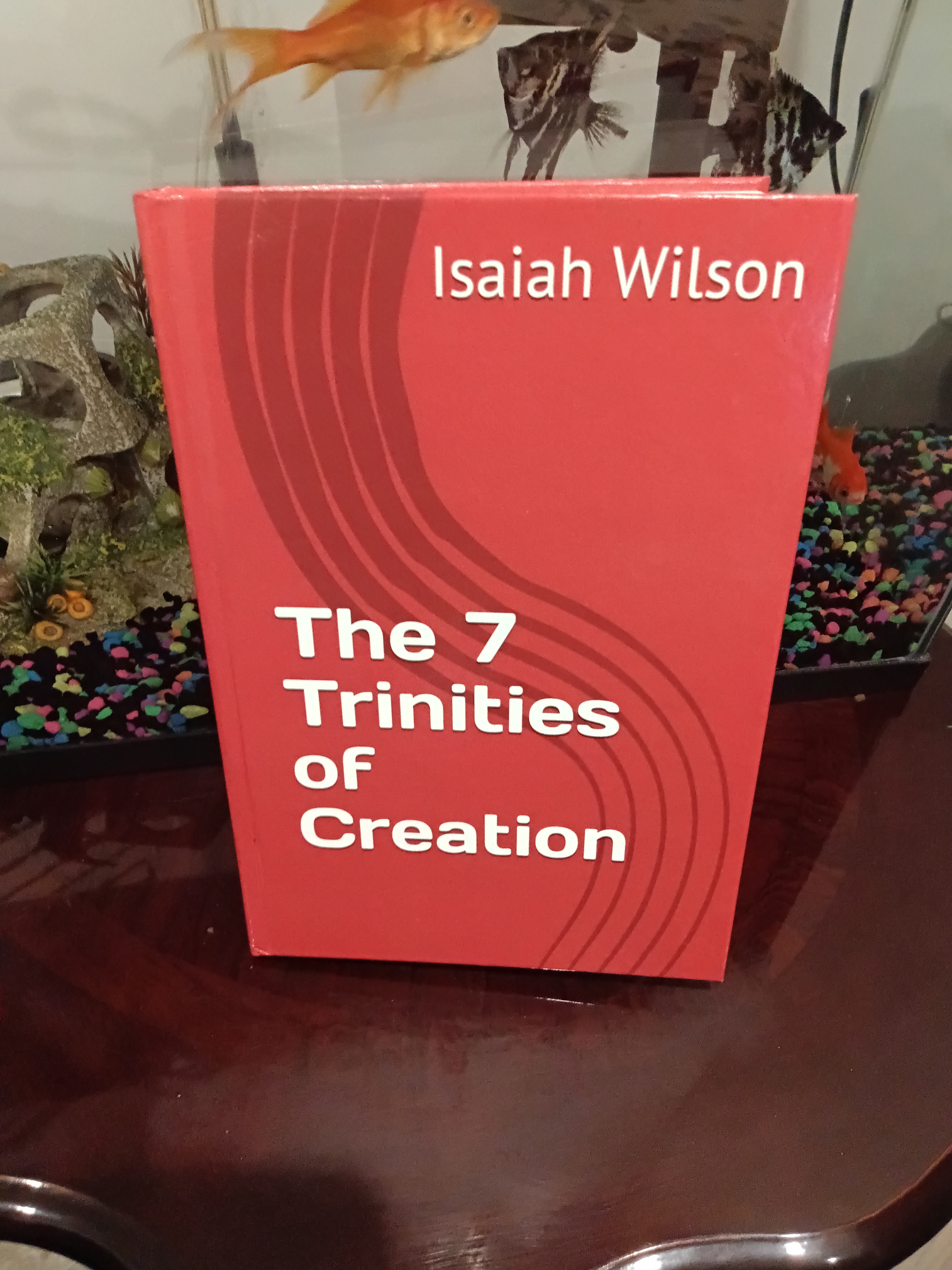Content Rejected
Content Rejected
- 3
-

 isaiah wilson are you serious? wow same thing here. three times but failed each time. i have 8 kids from 7 mothers and only raised the last 2. God took me on a journey through the valley of the shadow of death to teach me and mold me. twenty years later the book on the knowledge that he imparted to me was published. that was last year and even though all mykids are in differnt cities and states, as i prayed, god brought them together through college and facebook. my daghters met each other online but it wasnt by looking for each other because they had no idea about rach other. it was god7 days ago
isaiah wilson are you serious? wow same thing here. three times but failed each time. i have 8 kids from 7 mothers and only raised the last 2. God took me on a journey through the valley of the shadow of death to teach me and mold me. twenty years later the book on the knowledge that he imparted to me was published. that was last year and even though all mykids are in differnt cities and states, as i prayed, god brought them together through college and facebook. my daghters met each other online but it wasnt by looking for each other because they had no idea about rach other. it was god7 days ago -

 isaiah wilson the book that i wrote is called "The 7 Trinities of Creation" and is on amazon By isaiah wilson.7 days ago
isaiah wilson the book that i wrote is called "The 7 Trinities of Creation" and is on amazon By isaiah wilson.7 days ago
Content Rejected
- 1
-
Donald Hutchinson Thank You2 months ago
Content Rejected
- 2
-
Donald Hutchinson Hey Micheal2 months ago
Content Rejected
- 0
Content Rejected
Content Rejected
Content Rejected
- 4
-
Ben Leevey And by what power are we to do this? ?4 months ago
-
BARRY ARNOTT i SHARE AND DISCUSS EPHESIANS 4: 28-32 DAILY WITH MY 11 YR OLD GRANDSON EVERY DAY OVER THE PHONE AND WE DISCUSS ITS MEANING - WE SHOULD POST IT EVERYWHERE BROTHER1 month ago
Content Rejected
- 0
Content Rejected
- 10
-
Jovania Fortune I would love to be your friend! :)9 months ago
Content Rejected
Content Rejected
- 0
Content Rejected
- 7
-
Julie Patrick I need to know that as well.6 months ago
-
Julie Patrick Nathan, I would like to know that information as well.6 months ago
?? Kathi (Admin)
Sal DiNapoli
?? Kathi (Admin)
Micheal Walker
myPraize
Ben Leevey
?? Kathi (Admin)
Dave Evans
?? Kathi (Admin)
A M
Nathan Klich
Charles Carter
Charles Carter
Derek Fitch
martin ward









